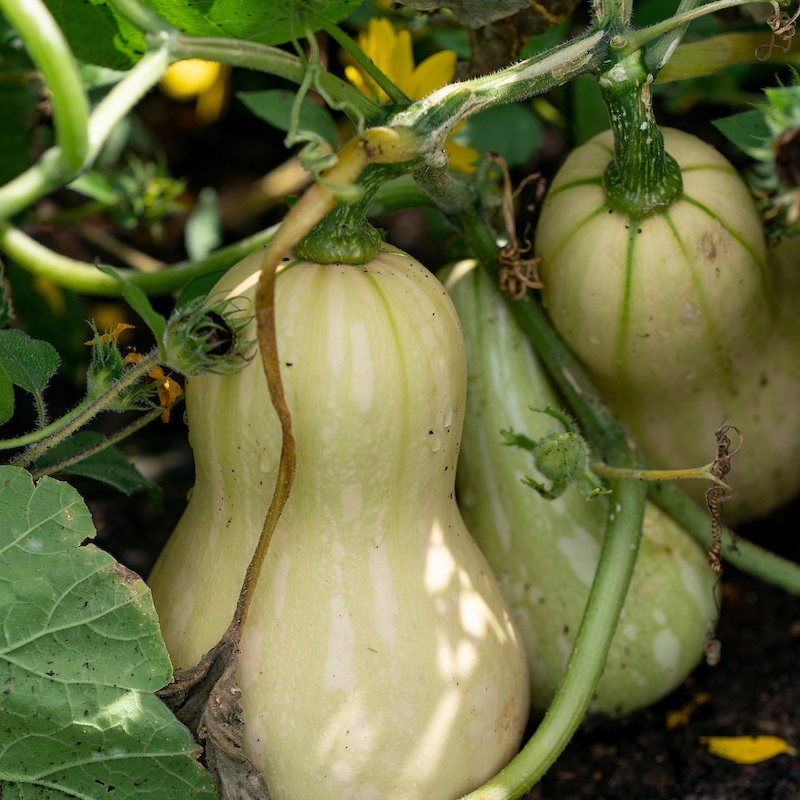September 9, 2024 – The Texas A&M AgriLife Extension Service offers valuable resources for fall gardening, helping both novice and experienced gardeners make the most of the cooler season. Fall is an ideal time to plant a wide variety of crops in Texas and similar climates due to milder temperatures, reduced pests, and favorable growing conditions. By leveraging AgriLife Extension’s knowledge and guidelines, gardeners can plan and cultivate productive fall gardens that thrive well into winter.
Choosing the Right Crops : One of the key aspects of successful fall gardening is selecting appropriate crops. Many cool-season vegetables perform best when planted in the fall. Leafy greens such as spinach, lettuce, and kale are popular choices due to their ability to tolerate cooler temperatures. Root vegetables like carrots, radishes, and beets are also well-suited for fall planting. Additionally, certain brassicas like broccoli, cauliflower, and cabbage can thrive in cooler weather. The AgriLife Extension provides recommended planting dates for different regions of Texas, ensuring that crops are planted at optimal times to avoid frost damage and maximize yields.
Soil Preparation and Planting: Before planting, it’s crucial to prepare the soil. AgriLife Extension recommends testing soil quality to determine its pH and nutrient content, which helps in deciding whether amendments such as compost or fertilizers are necessary. Well-drained, fertile soil enriched with organic matter will give plants the best chance to establish healthy roots. Proper spacing is also essential, as overcrowding can lead to competition for nutrients, water, and sunlight, weakening plant growth.
Irrigation and Mulching: Fall gardens, while generally cooler and less prone to extreme heat, still require consistent moisture. The AgriLife Extension advises using drip irrigation or soaker hoses to ensure water reaches the root zone efficiently. To conserve soil moisture and suppress weed growth, mulching with organic materials like straw or leaves is recommended. Mulch also helps regulate soil temperature as nights grow cooler.
Pest Management: Although pest pressure tends to decrease in the fall, some pests like aphids and cabbage loopers may still pose a threat to garden crops. AgriLife Extension encourages integrated pest management (IPM) strategies, including regular monitoring of plants, using beneficial insects, and employing organic pest control methods to minimize pesticide use.
With AgriLife Extension’s expert guidance, gardeners can enjoy a productive fall harvest by choosing suitable crops, preparing soil properly, maintaining moisture levels, and managing pests. Fall gardening not only provides fresh, homegrown produce but also extends the growing season for gardeners in Texas. For more information on this or any other agricultural topic please contact the Hopkins County Extension Office at 903-885-3443 or email me at [email protected].






